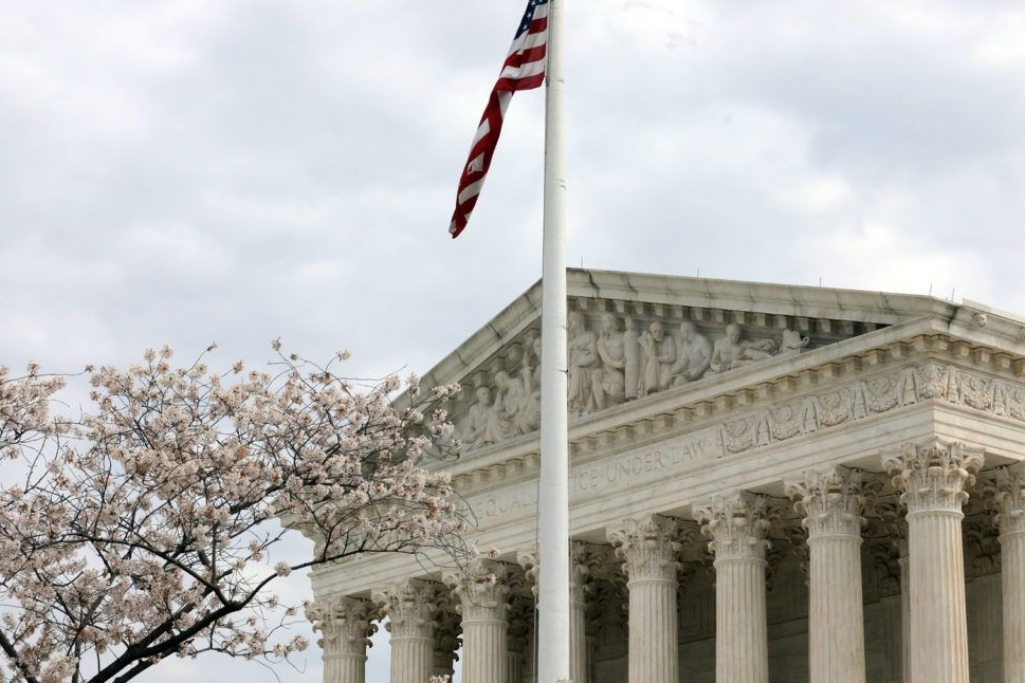
WASHINGTON (BP) – The U.S. Supreme Court placed a temporary hold Friday afternoon (April 14) on a week-old decision that suspended the federal government’s 2000 approval of the abortion pill.
Associate Justice Samuel Alito ordered a stay of the federal court ruling out of Texas until 11:59 p.m. (EDT) Wednesday, April 19. Alito, who is assigned motions that arise from the Fifth Circuit Court of Appeals, said a response to the emergency request by the Biden administration for the hold must be filed by noon (EDT) Tuesday, April 18.
While Alito’s order is not based on the merits of the lower court’s decision, it means the April 7 nationwide injunction halting distribution of the abortion pill will not take effect until after April 19, if then.
The order is “standard operating procedure” for an emergency application, according to Alliance Defending Freedom (ADF), which is representing pro-life doctors and associations in their challenge to the FDA. “It gives the court sufficient time to consider the parties’ arguments before ruling,” ADF Senior Counsel Erin Hawley said in a written statement.
Federal Judge Matthew Kacsmaryk of Amarillo, Texas, said the U.S. Food and Drug Administration failed in 2000 to address safety concerns in approving mifepristone, the first drug in a two-step process commonly referred to as medical or chemical abortion. He delayed its implementation for seven days to permit the Biden administration time to pursue “emergency relief” from the Fifth Circuit Court of Appeals in New Orleans.
After the Department of Justice urged the appeals court to block the federal judge’s order while the lawsuit is under consideration, a three-judge panel of the circuit court ruled April 12 the statute of limitations had expired regarding a challenge to the FDA’s approval of mifepristone. The panel rejected, however, a FDA request to block Kacsmaryk’s prohibition on actions taken by the federal agency in 2016 and thereafter.
Those FDA actions beginning in 2016 included increasing mifepristone’s use from seven weeks to 10 weeks of a preborn child’s gestation, reducing the number of in-person visits with a doctor from three to one and allowing distribution of the drug by mail.
The Fifth Circuit decision “puts important safety precautions back in place for vulnerable women and saves more preborn lives,” said Hannah Daniel, policy manager for the Southern Baptist Ethics & Religious Liberty Commission, after the ruling.
Mifepristone, often known as RU 486 and authorized by the FDA under President Clinton, causes the lining of the uterus to release the embryonic child, resulting in his or her death. Misoprostol, a drug approved by the FDA to treat ulcers, is typically taken one to two days later and causes the uterus to contract, expelling the body.
Medical/chemical procedures as a percentage of all abortions have increased dramatically the last two decades. They rose between 2001 and 2020 from five percent of all abortions to 53 percent, the Guttmacher Institute reported in December.
The case is Alliance for Hippocratic Medicine v. FDA.
(EDITOR’S NOTE – Tom Strode is Washington bureau chief for Baptist Press.)


